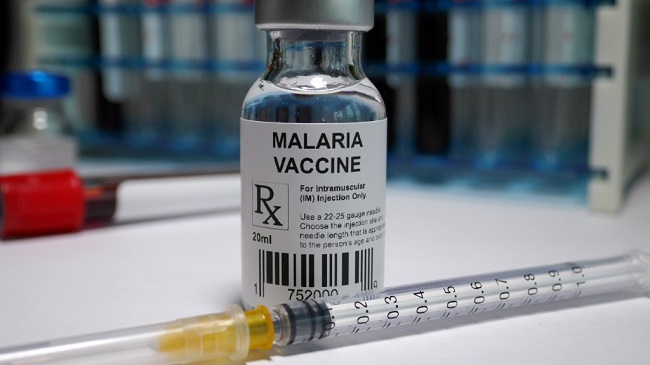– Advertisement –
The National Primary Health Care Development Agency (NPHCDA) says free malaria vaccines are available in Primary Healthcare Centres in Kebbi and Bayelsa states for children aged five to 11 months.


Dr Muyi Aina, the Executive Director of NPHCDA, made this known in an interview on Friday, April 25, 2025, in Abuja on the World Malaria Day.
Aina urged parents and caregivers to take full advantage of the life-saving intervention.
“The vaccine is part of the Federal Government’s commitment to reduce malaria-related deaths, especially among children under five.
“The malaria vaccine is now available and being administered free of charge in Kebbi and Bayelsa It is safe, effective, and a critical addition to our malaria prevention toolkit,” he said.
He said that the R21/Matrix-M vaccine is being integrated into routine immunisation schedules in both states.
He said that the move positions Nigeria among the first African countries to roll out the malaria vaccine at scale.
He said over 1.5 million children are expected to be reached in the initial phase, with trained healthcare workers conducting vaccinations at both fixed and outreach service points.
As Nigeria continues to bear the highest burden of malaria globally, the NPHCDA boss said the introduction of the vaccine was a bold step toward achieving the global target of reducing malaria cases and deaths by at least 90 per cent by 2030.
“This World Malaria Day, we’re calling on communities, caregivers, and stakeholders to support the campaign. No child should die from a preventable disease like malaria.
“The vaccine has undergone rigorous safety and efficacy evaluations, and encouraged widespread participation to help protect future generations from the deadly disease,” he said.
The World Malaria Day 2025, themed “Malaria Ends with Us: Reinvest, Reimagine, Reignite”, serves as a powerful call to action against one of Nigeria’s deadliest diseases.
Nigeria bears the highest global burden of malaria, accounting for 27 per cent of all cases and 32 per cent of deaths worldwide, according to the World Health Organisation (WHO).
In 2023 alone, the WHO said an estimated 68 million Nigerians were infected, with over 200,000 deaths, mostly among children under five and pregnant women.
Beyond the human toll, the World Health Organisation said malaria inflicted a severe economic cost, draining the country of over N132 billion annually, as per the US National Institutes of Health, with treatment costs now on the rise.
By Abujah Racheal










